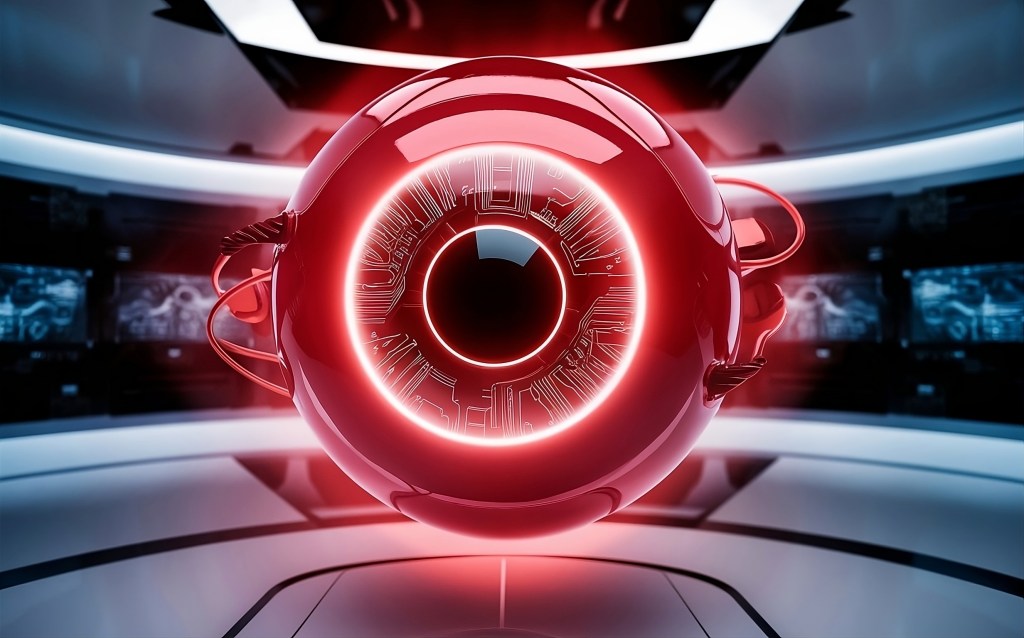Gen AI: Redefining Humanity in the Age of Artificial Intelligence
Generative AI is rapidly changing the way people work and live. Through language replication and the generation of written content, images, and even music, gen AI is encroaching on domains previously considered ‘uniquely human.’ As the verbal and cognitive capabilities of machines evolve, an existential question has emerged: In gen AI’s shadow, what unique qualities will humans retain?
More than 50 years ago, Stanley Kubrick’s groundbreaking film 2001: A Space Odyssey gave society one of the first glimpses into the future of AI. In the movie, a spacecraft’s onboard computer verbally interacts with its human crewmates, executes all technical aspects of the mission, and even plays (and wins) a friendly game of chess with an astronaut. At one point, the computer — HAL 9000 or simply “Hal” — is interviewed remotely by a news reporter back on Earth.
Moments later, when the interview shifts back to the crew, the reporter notes that Hal exhibited a sense of pride when discussing his technical flawlessness. When asked if Hal is capable of experiencing emotions, the mission commander is doubtful, stating, “Well, he acts like he has genuine emotions… but as to whether or not he has real feelings is something that I don’t think anyone can truthfully answer.”
Today, gen AI has revolutionized natural language processing tasks, including large language model-driven language translation, sentiment analysis, and chatbot interactions. In a noteworthy example, AI has even passed the Turing test, convincing multiple human judges it was a person and not a machine.
Unique Human Qualities
As gen AI continues automating tasks without emotions, humans possess qualities like imagination-based creativity, original thinking, complex problem solving, morality, and ethics that remain uniquely human. The convergence of the five human senses and memory creates an embodied experience that technology struggles to replicate.
Mirror neurons, observed in primates, are another human characteristic technology has yet to reproduce. These neurons enhance empathy, competition, and teamwork by firing when an individual executes an action or observes it in another.
The Organizational Challenge
Organizations are now grappling with how to manage, control, and regulate AI technologies. Business leaders need to deeply consider gen AI’s implications and establish workforce strategies for responsible adoption. New regulations will ensure ethical use and data privacy.
As technology reshapes work, governments and organizations must make conscious decisions about what tasks to outsource to AI and what roles to keep human. Just because technology can do something doesn’t mean it should.
Image/Photo credit: source url




